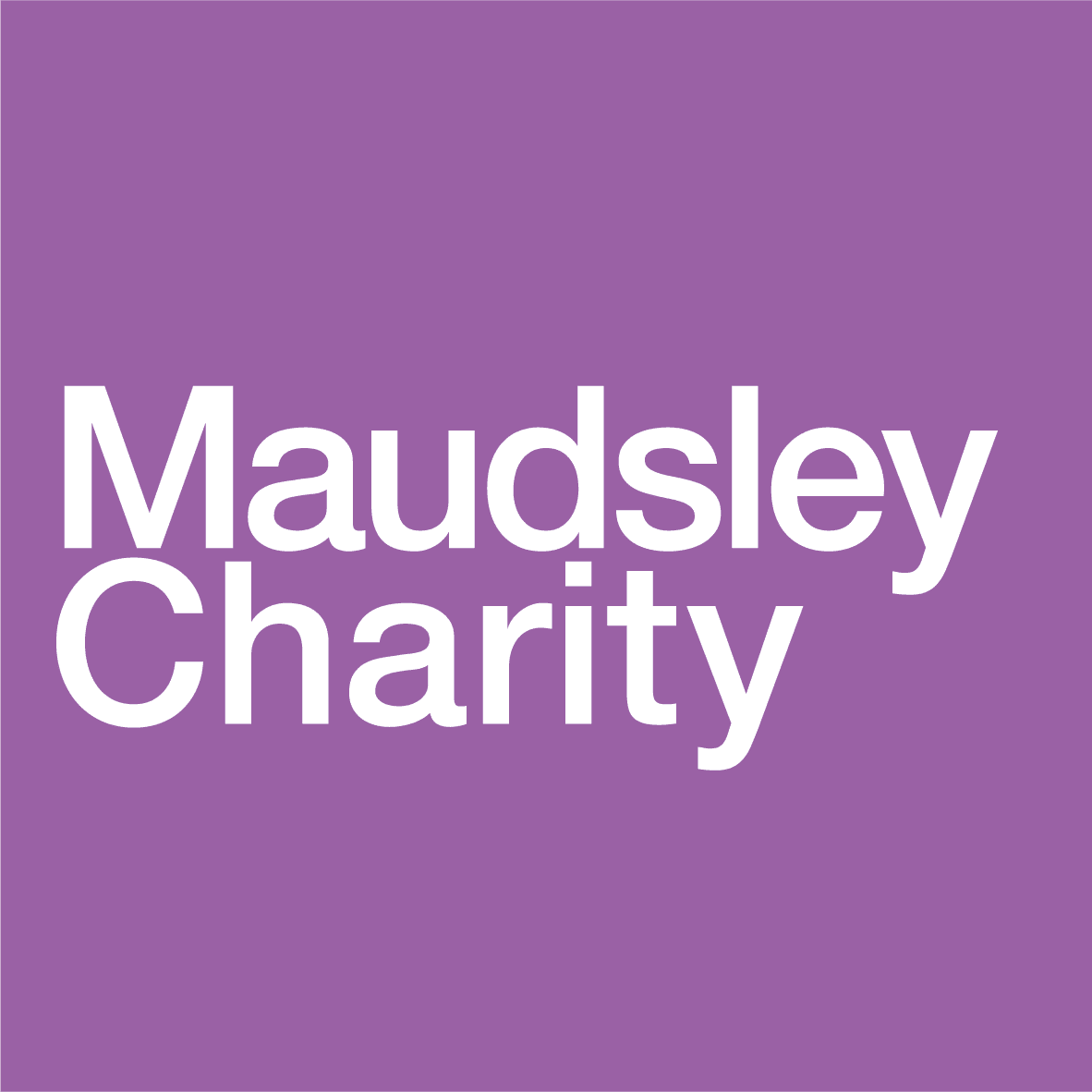We fund many different projects at the Charity –some large, some small, some research and some practice. What we know about all of them is that it is the passion and dedication of the people who lead these projects that makes each one special and impactful in their own way. We wanted to focus in on the many and varied ways that project leads have gone about developing their work, what motivates them to go the extra mile, and what they have been learning about that can make a difference to others who might want to start their own idea to help those experiencing mental illness.
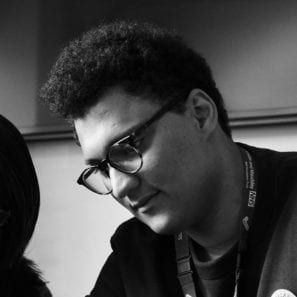
Oli Jones
Digital Engagement Officer, Digi-Inclusion
This blog features Oli, who leads the Digi Inclusion project based in Vocation Matters – Connectivity and digital skills is an area which has been under more scrutiny and demand as a result of the social isolation periods during the pandemic. Oli has been responding by developing shareable tools and resources as well as building his wider networks and learning how to best motivate and support people to improve their digital skills.
1. Can you tell us about your career; how and why you came to do the job you do today?
My first job in London involved communicating findings from medical trials to pharmaceutical companies and researchers. I enjoyed the scientific aspect of the job but wanted to do something that had a more direct impact. I was looking for a role that involved supporting people with their mental health, ideally something in a community or non-clinical setting.
I was really lucky to find the Digital Engagement position at Vocation Matters, the role involves helping people develop confidence with mobile phones, computers and technology and we like to take a very broad approach, so our project also aims to help with wellbeing and mental health.
2. What sparked the idea to apply for Maudsley Charity funding?
Before I joined Vocation Matters there was a project called ‘Education Counts’ which offered to fund for people to attend courses and learn new skills. Digi-Inclusion in some ways is the next stage of this project, it also has a focus on education and skills, but it specifically aims to tackle some of the barriers that SLaM service users face when it comes to technology and the internet. Digi-Inclusion was initially funded for 18 months and the project was popular, we were delighted when were informed that we had secured funding for an additional 18 months.
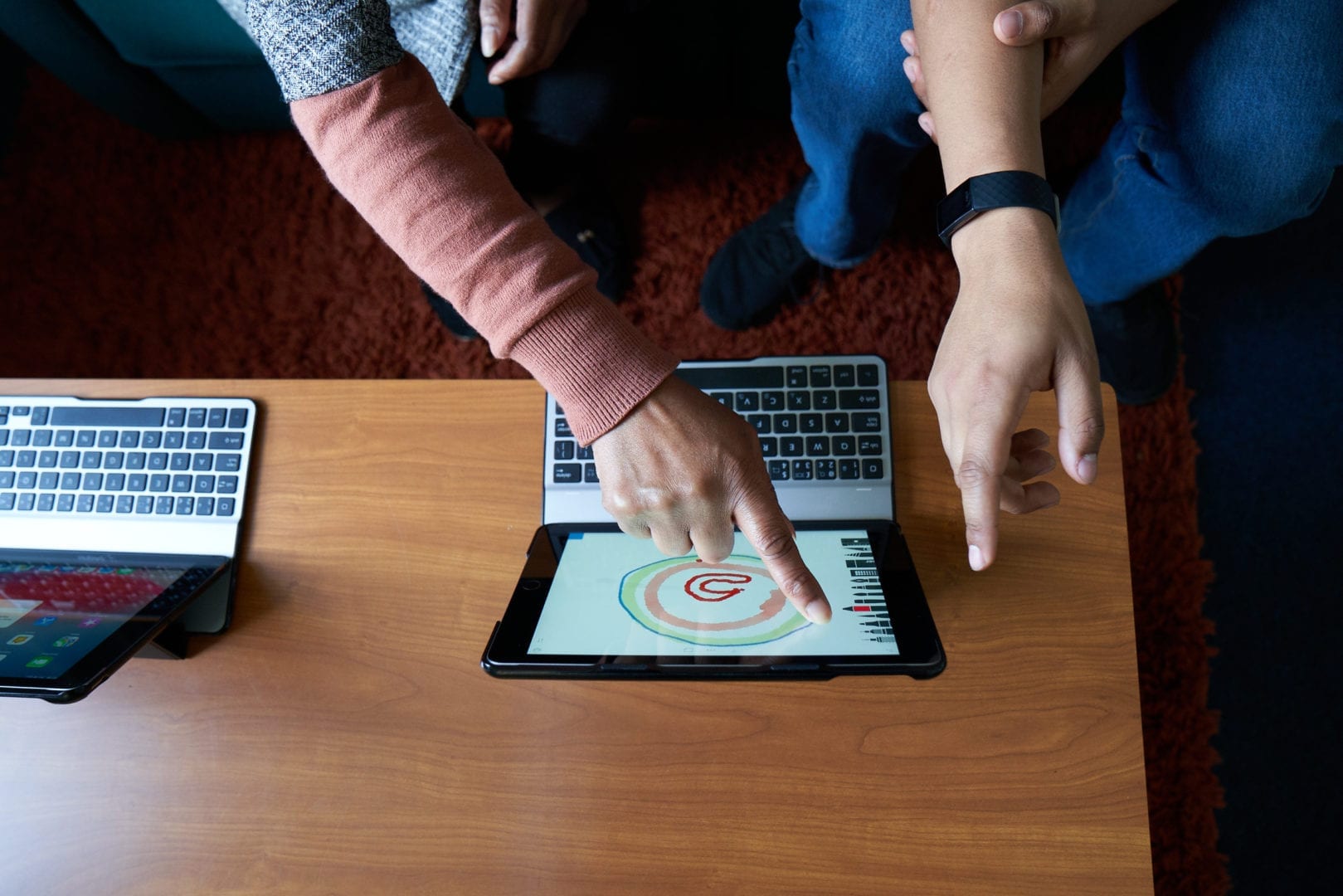
3. What is your idea?
Digital exclusion occurs when people lack the digital skills, access to devices, motivation or trust to participate fully in today’s online digital society. Research has indicated that people in need of greater mental health support are more likely to face digital exclusion. This project aims to promote wellbeing, employment and connectedness by offering one-to-one digital support as well as group workshops and online resources. The workshops are designed and delivered by me and a peer learning assistant who has excellent knowledge and experience of computers. In addition, there is a fund that people involved in the project can apply for to provide up to £200 for digital equipment or software.
4. What challenges have you faced in developing from an idea to delivery and how did you overcome them?
The Covid-19 pandemic has without a doubt been the greatest challenge, although the Digi-Inclusion project is very important, it is not an essential service in the same way as many clinical services, therefore we have been heavily impacted by the lockdowns and social distancing. We have adapted by delivering support over the phone, helping people get set up with Zoom or Microsoft Teams and sending tutorial videos and screenshots via WhatsApp. In addition, I have been converting lessons that we delivered in the workshops in the first 18 months into a series of YouTube videos that will be free to access for all.
5. What are you still learning about, what has not worked as planned?
So far, the project has excelled in the skills, motivation and trust aspects of digital inclusion. Access to devices is something that is crucial to digital inclusion but addressing this issue is more complex and part of a wider problem, we are currently networking with other groups that have a common interest in digital inclusion to see how best to overcome the problem of access.
6. What keeps you motivated?
I’m no computer genius, but I’ve been exposed to technology long enough to know about the potential that phones and computers have, many people are unaware of what the internet, phones and computers can do. Some of the best moments in my job are when people say “Wow! I had no idea I could do that!” It’s amazing when people discover what the device in their pocket or collecting dust in their cupboard can do with a little guidance and perseverance.
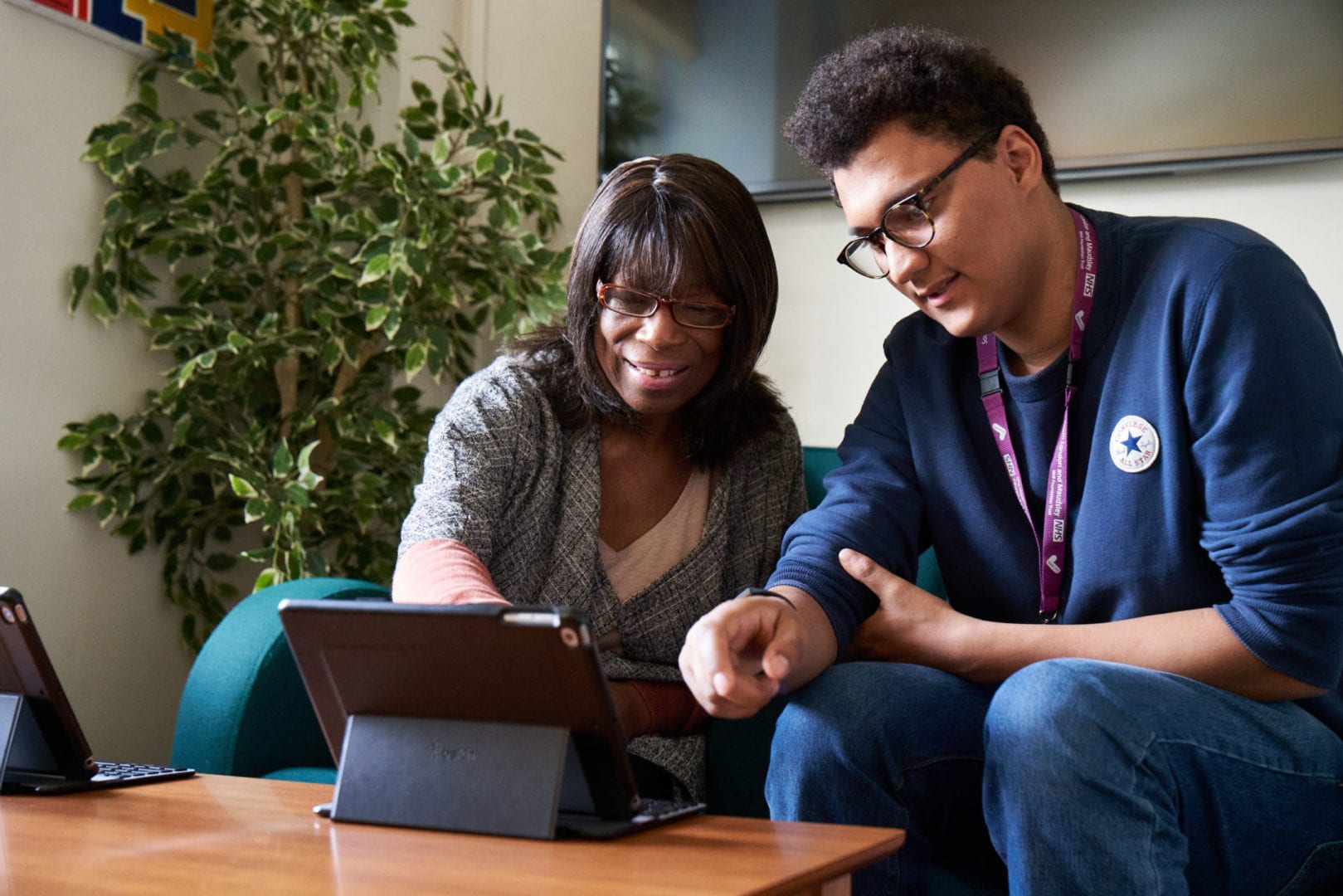
7. What changes would you like to see in future – for your area of work, and/or on a national/local front?
Much like mental health, digital inclusion impacts nearly every aspect of life, from employment to healthcare to travel and communication. I would like digital inclusion to be a key consideration in every policy decision. I also believe that far too many websites have poor accessibility and poor customer service for people that are digitally excluded, improvement in design and support for people who get struggle with complex forms and authentication is absolutely vital. Finally, I would like to see more projects funded around the country that focus on the intersection between digital inclusion and mental health, on the face of it we are working on building practical skills but it’s clear to me that the project brings so much more.
8. Is there anything you’d do differently if you began this journey again?
I think I would spend more time networking with community groups at the start of the project and map out which other groups are offering digital support. I did do this to some extent but even after 18 months of the project, I learnt about other groups that were working in the area. I think it’s important that you know about what is out there already.
9. Any advice to someone else who wants to develop an idea?
Too often services may say “nope sorry can’t help, not my area” and of course this is sometimes correct and appropriate, however the philosophy of Vocation Matters is that a truly person centered, holistic approach must be flexible and give people enough time. When developing your idea think about the topics related to your objective, think about what else people may want support with and factor in enough time so you can address these too.
10. Finally… what do you do to look after your own mental health?
I have a folder with loads of different activities and actions I can do if I’m not feeling great. To some people having pages and pages of things to do might seem excessive, but most of the time the folder stays tucked away on my shelf, waiting for me if I need it. Having lots of options is good because it means whatever headspace I’m in I can always pick something.
Related reading
-
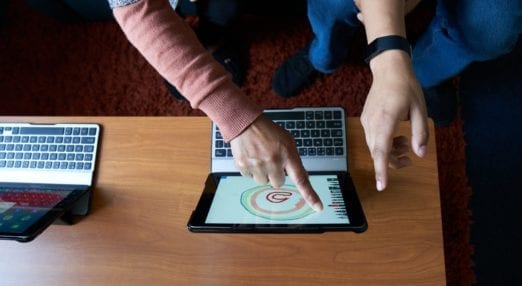
Digi Inclusion 2020
Digi Inclusion granted additional funding to continue supporting Lambeth community with digital skills
Read more
-

Healthlocker
A completely digital service to promote supported self-management, and improve communication and transparency in care
Read more
-
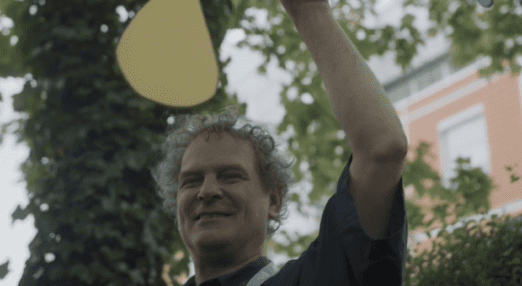
The people behind the projects
In this section of our website you can meet some of the people behind the projects we're backing, and find out first hand what difference our funding makes to patients and staff.
Read more
